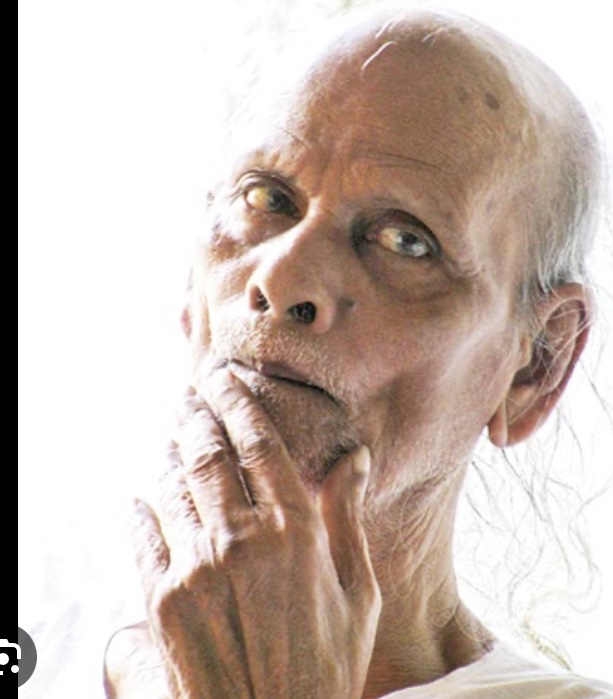The Baul genre deserves more recognition in academic circles today. Baul songs are traditional folk songs in Bangla with a unique quality that distinguishes them from other genres like Country or Soul. Baul songs embody a philosophy and melody that is absent from Country songs. They should be officially registered as a genre to make them easier for listeners to find. Correctly recording these songs will provide insight into indigenous musical performances in classical South Asian folk music.
The modern twist on the traditional Bangla folk song that Baul Shah Abdul Karim created is known as the “Baul genre.” Shah Abdul Karim is a Bangladeshi folk singer recognized as Baul Samrat (Emperor). These songs are known for their unique blend of mysticism, philosophy, and music; and are still prevalent in Bangladesh and beyond. MoHiKonTok acknowledging the Baul songs as a particular form of music that belongs to the Baul genre is imperative.
A well-known fiction writer, Humayun Ahmed, recognized the modern thought tradition in the Baul music compositions. Baul’s music is a blend of local flavors found in Bangladesh. Bangabandhu Sheikh Mujibur Rahman promised to care for the Bauls after listening to Shah Abdul Karim’s songs if he was still alive. Baul Shah Abdul Karim had to cash a check during a concert in London. He went to a bank wearing a torn panjabi. He felt embarrassed and thought they might treat him poorly. However, the bank employees treated him with great respect, which impressed him. He believed that the people of Bangla would prioritize humanity and be as supportive as the Western world.
It is common for artists and their loved ones to experience financial struggles, despite their tireless efforts to produce exceptional work. Yet the benefits of their labor need to reach the proper heir. It is essential to prioritize fairness and transparency when distributing earnings from streaming and performances. Unequal distribution of wealth can cause harm to individuals. The Baul Somrat aims to prevent such pain by aiding those affected by natural disasters (i.e., floods in Sunamganj) or anywhere globally. While money may be necessary to reach his objective, Baul Samrat (emperor) stated in an interview that the desire for financial gain does not drive him.
He had to quit school because of poverty. Instead, he sang in the fields while looking after the cattle, and people gathered around him to listen to his songs. Taslima Nasrin, a well-known poet, willingly donated 10,000 Bangladeshi takas after being moved by his song. The singer’s music deeply touched the poet. During an Ekushe award ceremony, a renowned actor named Hasan Imam recognized the Baul as a “gonomanusher shilpi” for his outstanding Baul songs. This recognition was a great honor for Baul Shah Abdul Karim.
Baul Shah Abdul Karim finds solace in Bangla Baul songs. Mon Mojale Ore Baul Gaan, a modern Bangla folk song by Baul Sohan Jajabor, has healing effects on Baul music fans. The Baul is grateful and ponders how to repay Bangla. Music is their passion, and they believe in the connection between truth and love.
Understanding Baul’s Philosophy is crucial to comprehending Bangla culture, and live performances are significant. With technological advancements, karaoke has gained popularity, enabling singers to perform without acquiring performing rights. However, it is essential to note that many songwriters rely on this income as a source of livelihood. Thankfully, a system has been established to safeguard the rights of singers and songwriters, treating them with the same respect as esteemed poets.
